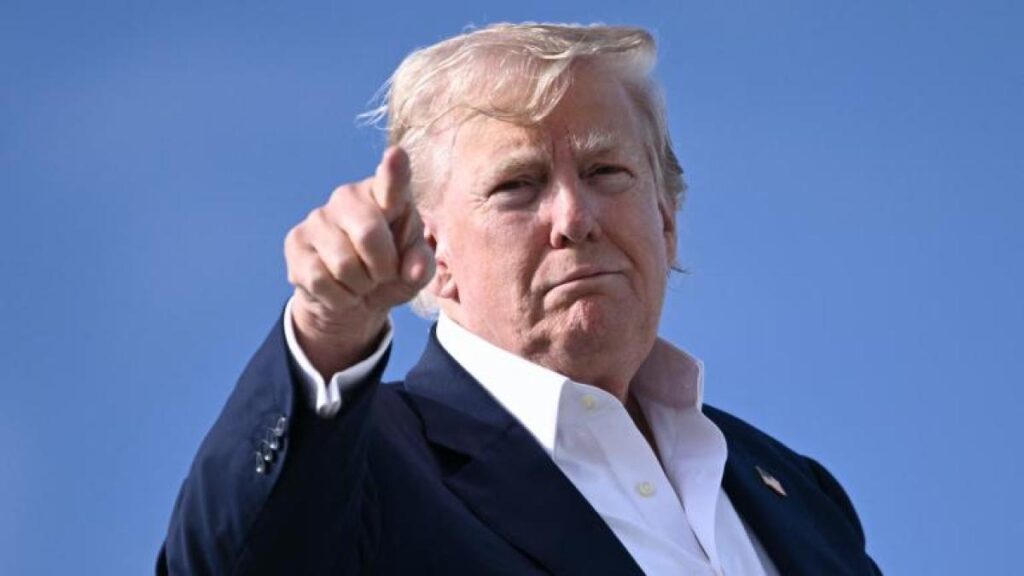Background on Key Figures and Relevance
The United States currently has 14 free trade agreements (FTAs) with 20 countries, including Mexico and Canada under the USMCA (United States-Mexico-Canada Agreement). The relevance of these agreements lies in their impact on international trade and the economies of involved nations. Key figures mentioned are President Donald Trump, Antonio Ortiz Mena (Director General of AOM Advisors), and Canadian Prime Minister Mark Carney.
US Trade Policies and Their Impact
Under President Trump’s administration, the US has implemented new tariffs on various countries. However, the USMCA remains unique as it maintains general open trade with Mexico and Canada. Most Mexican and Canadian products that comply with T-MEC rules do not pay tariffs; otherwise, they face 25% tariffs from Mexico and 35% from Canada, with some exceptions.
Trump’s new tariffs impose a minimum 10% general tariff on all countries with existing US FTAs, including Australia, Brunei, Chile, Colombia, Israel, Jordan, South Korea, Morocco, Oman, Panama, Peru, Singapore, DR-CAFTA (Costa Rica, Dominican Republic, El Salvador, Guatemala, Honduras, and Nicaragua), and USMCA (Canada and Mexico). Tariffs for Costa Rica, South Korea, Nicaragua, and Brunei have been raised to 15%, 15%, 17%, and 25% respectively.
Interdependence Between the US and Mexico
Antonio Ortiz Mena, from AOM Advisors, believes that the US granted Mexico a 90-day extension before imposing a 30% tariff on US imports from Mexico that do not comply with the T-MEC starting August 1st, due to their interdependence.
- Economic Interdependence: Mexico is the US’s top trading partner, relying on the Mexican market for diverse exports such as agricultural products, grains, beef, pork, and poultry that cannot be sold elsewhere.
- Joint Manufacturing: Both nations collaborate on manufacturing various goods, especially automobiles and auto parts. Any barriers the US imposes on Mexico would also restrict its own market access, unlike Japanese or German cars sold in the US market.
- Non-Commercial Issues: Migration and crime, including fentanyl trafficking, are non-trade issues where the US needs Mexico’s cooperation for its security and prosperity.
Reactions from Mexico and Canada
Marcelo Ebrard, Mexico’s Secretary of Economy, stated that the 90-day discussion now revolves around resolving technical (non-tariff barriers) issues rather than whether free trade between the two countries will be ratified.
Canadian Prime Minister Mark Carney expressed disappointment over Trump’s tariff increases on Canadian products and emphasized Ottawa’s commitment to negotiations and the USMCA, which appears to offer some protection against Trump’s new trade regime.
Trump’s Rationale for Different Treatment of Mexico
President Trump argues that the complexities of an agreement with Mexico differ from those with other countries due to existing border issues and assets.






